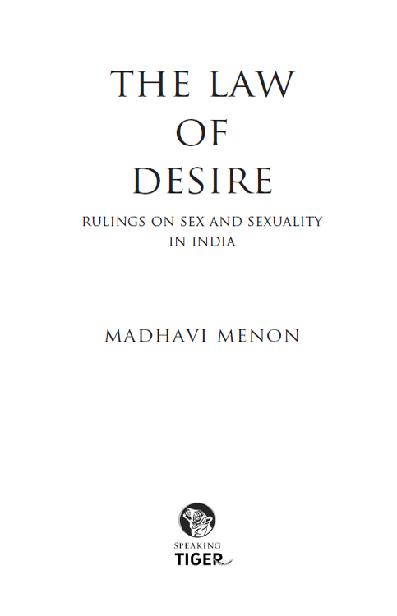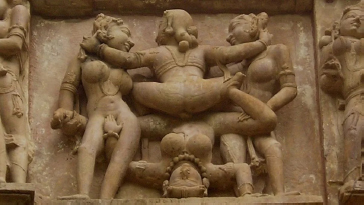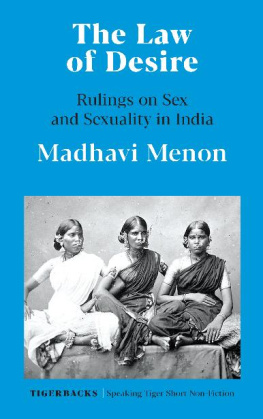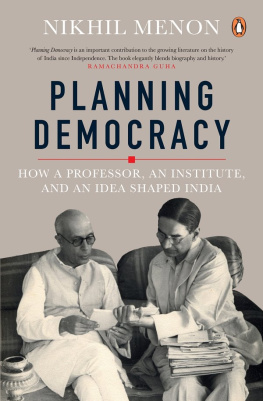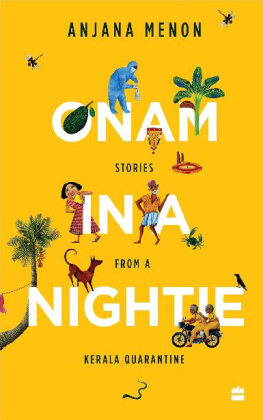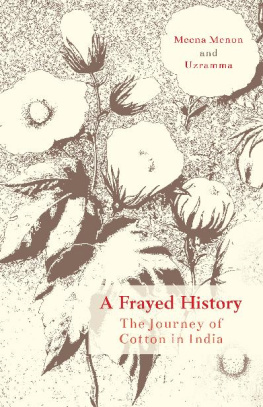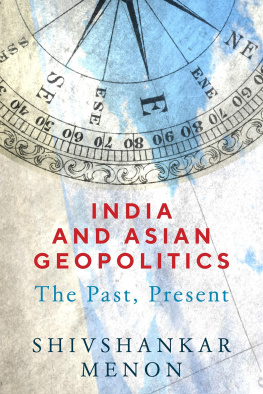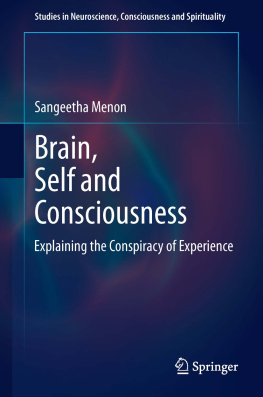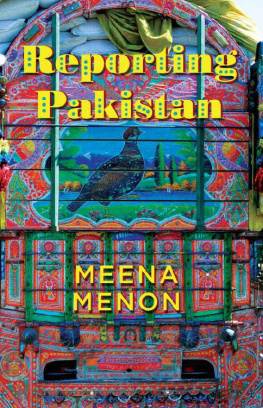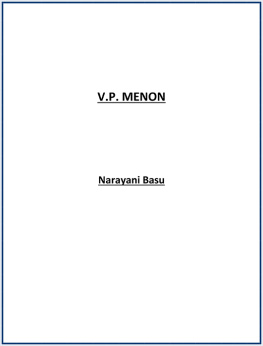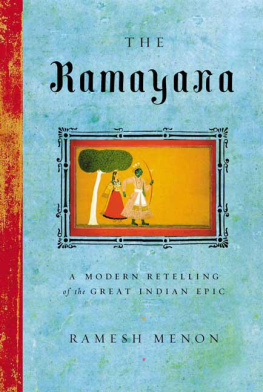Madhavi Menon is professor of English at Ashoka University, and writes on desire and queer theory. She is the author of Infinite Variety: A History of Desire in India ; Wanton Words: Rhetoric and Sexuality in English Renaissance Drama ; Unhistorical Shakespeare: Queer Theory in Shakespearean Literature and Film ; and Indifference to Difference: On Queer Universalism . She is also the editor of Shakesqueer: A Queer Companion to the Complete Works of Shakespeare .
Love does not ask about caste or religion, love is the enemy of the law.
Bulle Shah (circa 1720)
The fact that there is a body of sex laws which are apart from the laws protecting persons is evidence of their distinct function, namely that of protecting custom.
Alfred Kinsey, Sexual Behavior in the Human Male (1948)
Citizens of a democracy cannot be compelled to have their lives pushed into obscurity by an oppressive colonial legislation.
Navtej Johar vs Union of India (2018), striking down the criminality of consensual acts against the order of nature in Section 377 of the Indian Penal Code
P REAMBLE
C an a woman choose whom to marry if her father disapproves of the match? Does sex remain sex when it becomes work? Can a man become a woman because he feels like one ? Is it the laws task to ensure heterosexuality? Does reproduction need to be regulated ? These are some of the many questions with which the law is faced, and upon which it pronounces. Ranging from deliberations over Bills to the passage of Acts, from hearings in the lower courts to appeals in the Supreme Court, from cases under British rule to those post Independence, the law has been deeply entangled with desire. But how, and with what assumptions, are legal pronouncements on desire made? How does the law appear when looked at from the vantage point of desire? What are the consequences of specific laws on the texture of desire?
The recent judgment in Mobashar Jawed Akbar vs Priya Ramani (2021) makes clear the multiple assumptions about desire that go into a legal verdict. In February 2021, Justice Pandey cleared a journalist on charges of defamation for publishing an account of sexual harassment. By ruling that women can and should speak publicly about incidents of sexual harassment, the Court sent a clear signal that we must not tolerate unwanted sexual attention. In noting that public posts can legally be classified as being for the public good, the Court made the question of sexual harassment a question of the public domain itself. And by arguing that social status does not provide behavioural impunity, the Court recognized that sexual predators can lurk behind even seemingly respectable facades. All this is to the good.
But despite its social concern, the judgment is also sexually dubious. Or more precisely, its attitude to desire is cause for some concern. Justice Pandeys judgment is a response, he says, to the sexual shame that women feel when they are subjected to harassment. In order to counter The Shame, the learned judge suggests a turn to the epics of the Mahabharata and Ramayana to uncover historical instances of respect for women. It is startling that the judgment adduces respect for women as one of the themes of the Ramayana , even though Sita is shunned in the text for being the bearer of The Shame. This is also the text in which Sita is made to go through a trial by fire in order to prove her sexual virtue. And it is also the text in which, despite passing the trial by fire, Sita is shunned because her demonstrated virtue cannot quell the paranoid fantasies of the citizenry around her.
Undeterred by these facts, the judge goes on. As an example of respect for women he cites the Valmiki Ramayana s account of Laxman being asked to describe what Sita looks like. Laxman responds to the question by saying he does not know what she looks like because he has never looked at her beyond her feet. The judgment holds this up as an example of respect for women. But what this tale from the Ramayana suggests is a phobia about sex that disproportionately attaches to the bodies of women. Laxman does not look beyond Sitas feet because she is married to his brother, and is therefore sexually owned by another man. He draws a circle around Sita to keep her desires within patriarchal control, and warns her not to step outside its ambit. When she does, Sita is punished for transgressing against male control. In other words, the tale of Sita from the Ramayana is a glaring example of a moral regime in which womens desires cannot be trusted because they lead to disaster for men. Women must be protected from their desires in order for men to preserve the status quo. This sexual morality polices desire without preventing its abuse, and signals an official recognition of women as mens property. As we see in the Akbar vs Ramani case, even a celebrated judgment on sexual harassment operates within this dubious terrain of sexual conservatism. And it also dabbles in religious majoritarianism by harking back to the Ramayana , especially in a case involving a Muslim man.
Picking desire as the term with which to represent these many facets of sexuality, politics and culture might seem like an odd choice, particularly since the law itself rarely uses the word. But desire is also the term that can most fully evoke these multiple affective and historical registers without being reducible to any one of them. Desire conjures up sexual acts and orientations while also not being synonymous with them. It points to embodied genders and enacted sexualities while also including social aspirations and legal standards. Desire can straddle the body, mind, social structures and cultures at large. Desire suggests pleasure while also encompassing pain. Like its subject matter, desire is immense. Which is why we have so many laws to deal with it.
But these laws do not simply thwart desirethey also enable it. Law promises official recognition if desire can be reduced from multiplicity to a specific category of identity. For instance, law confers rights based on specified gender and sexual orientationsyou are rewarded for being heterosexual and for marrying within your caste, religion, and community. If you do not abide by the constraints of hetero-sex, binary gender, and caste and religious endogamy, then you are punished with administrative burdens; even when law allows people to define their desires as non-binary and non-heterosexual, it upholds a social norm that makes it difficult for people to act on those desires. Homosexuality, for instance, is no longer criminalized in India. But it has to act within the normatively legal structure of privacy in order to assure itself of State protection. Being legally recognized also means being legally policed.
Another way in which the law enables desire is more perverse, and therefore, more fascinating. By putting obstacles in the way of desire, law ensures its flourishing multiplication. Think of all our most famous love-stories: Heer-Ranjha, Layla-Majnun, Romeo-Juliet. They all have in common lovers in opposition to an unfriendly law; indeed, in Nizamis twelfth-century Persian rendition of Layla-Majnun , the poet notes that Majnun was a lover, and love knows no laws. Desire in these stories increases not only despite the obstacles put in their way by family and social pressure, but also because of them. The law inadvertently encourages the militant, unruly, and threatening aspects of desire to emerge in full forceliterature and history are full of such examples.
